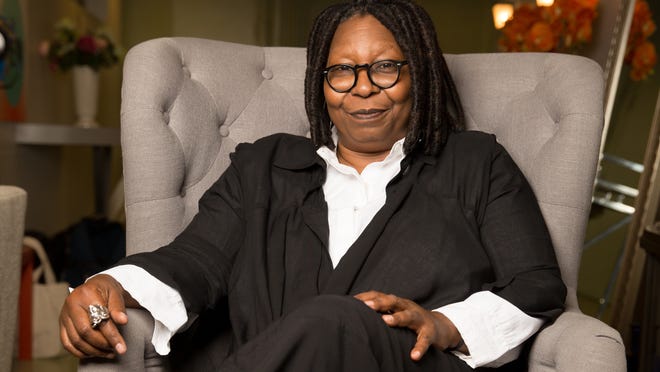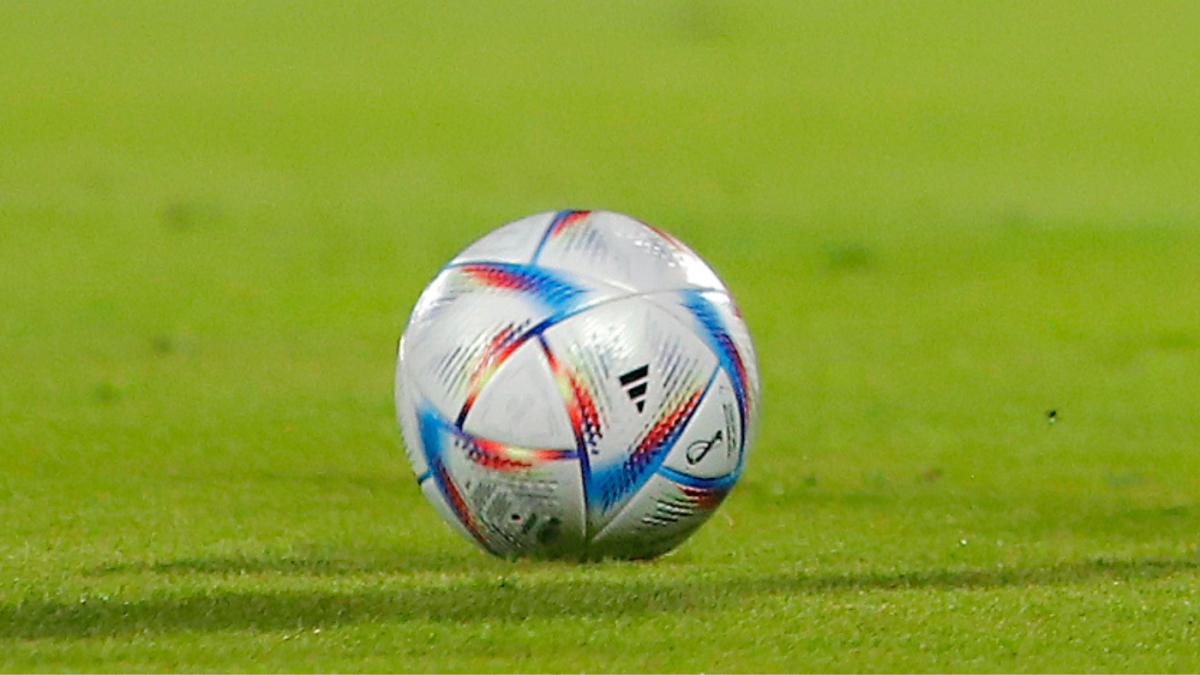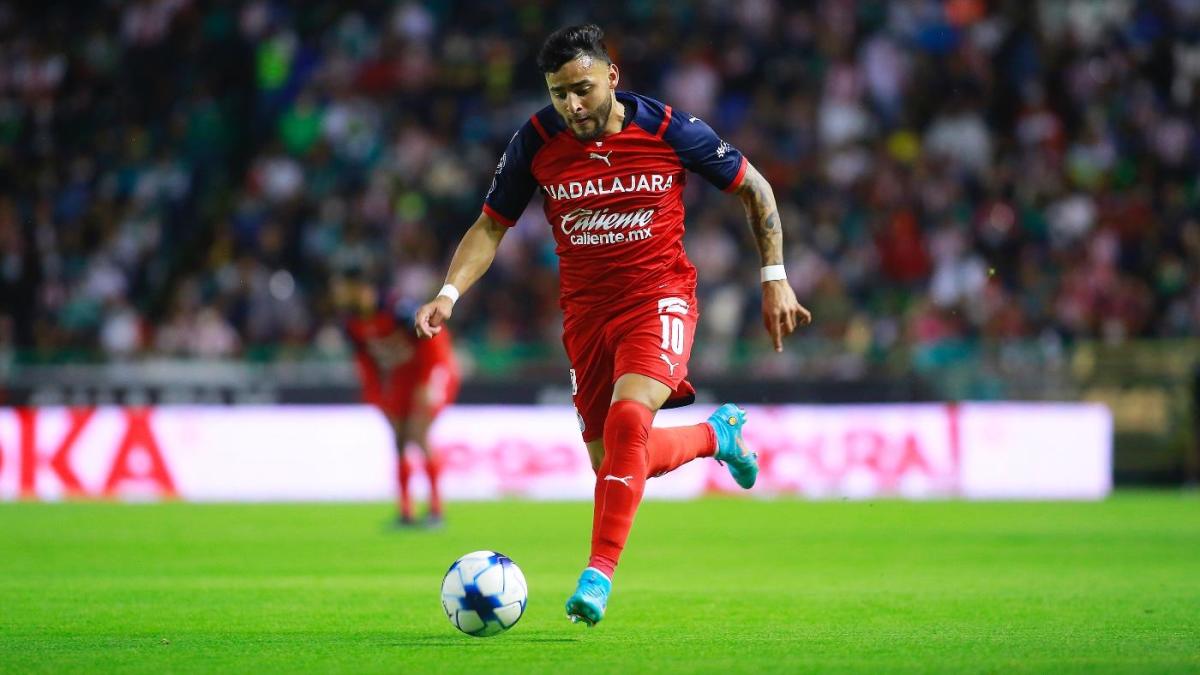Letter: G7 price cap initiative will need diplomatic help to succeed
Written by ABC Audio ALL RIGHTS RESERVED on July 1, 2022
Your article “G7 aims to hurt Russia with a price cap on oil exports” (FT.com, June 26) perfectly lays out the various positions of the G7 leaders on the issue, yet the price cap initiative requires far broader diplomatic engagement.
The first major diplomatic challenge will be the reopening of the EU sanctions text and, then, convincing member states to sign off on the amendments. Just last week, some European leaders — notably Germany — were hesitant to ease the EU’s insurance ban to limit the price of Russian oil exports because it might be too complicated to implement.
As we see now, Germany, at least, seems to have relented to the diplomatic pressure and the wider imperatives, but there are still many sceptics to be convinced.
The second diplomatic challenge lies beyond Europe. What is needed for the price cap to work is not just a regional, but a global alliance. The decision to invite representatives from the global south to the G7 summit is a promising step. However, it is crucial to continue extending the diplomatic outreach, including to Opec’s member countries, which are currently behind on their pledge to supply world markets with more oil.
The UAE, for example, has demonstrated an open-minded approach and, at the start of the war in Ukraine, it committed to encouraging fellow Opec members to increase production. During President Biden’s visit to Saudi Arabia in a few weeks, the issue will undoubtedly be at the top of the agenda, but some compromises might have to be made.
This price cap initiative might be a game-changer, but its success will be determined by the diplomatic support its authors manage to get, not only at the G7 or within the EU, but beyond.
Anthony Harris
Former British Ambassador to the UAE (1994)
— to www.ft.com







